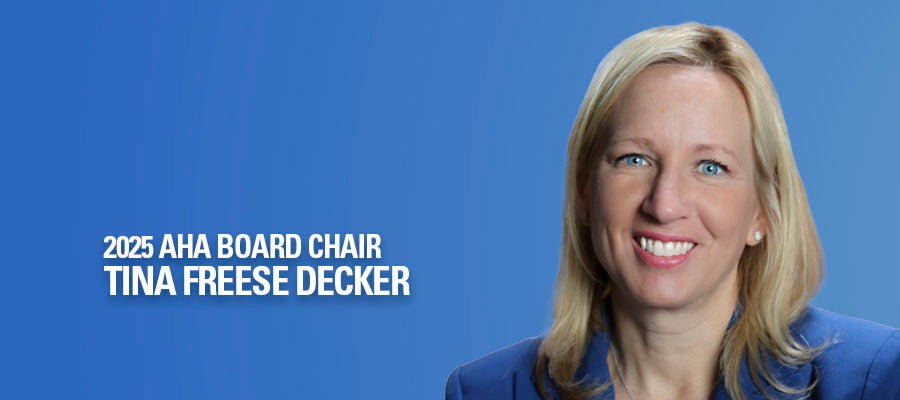
The Centers for Medicare & Medicaid Services Aug. 1 issued the final rule that would increase Medicare inpatient prospective payment system rates by a net 3.1% in fiscal year 2024, compared with FY 2023, for hospitals that are meaningful users of electronic health records and submit quality measure data.







